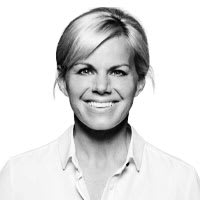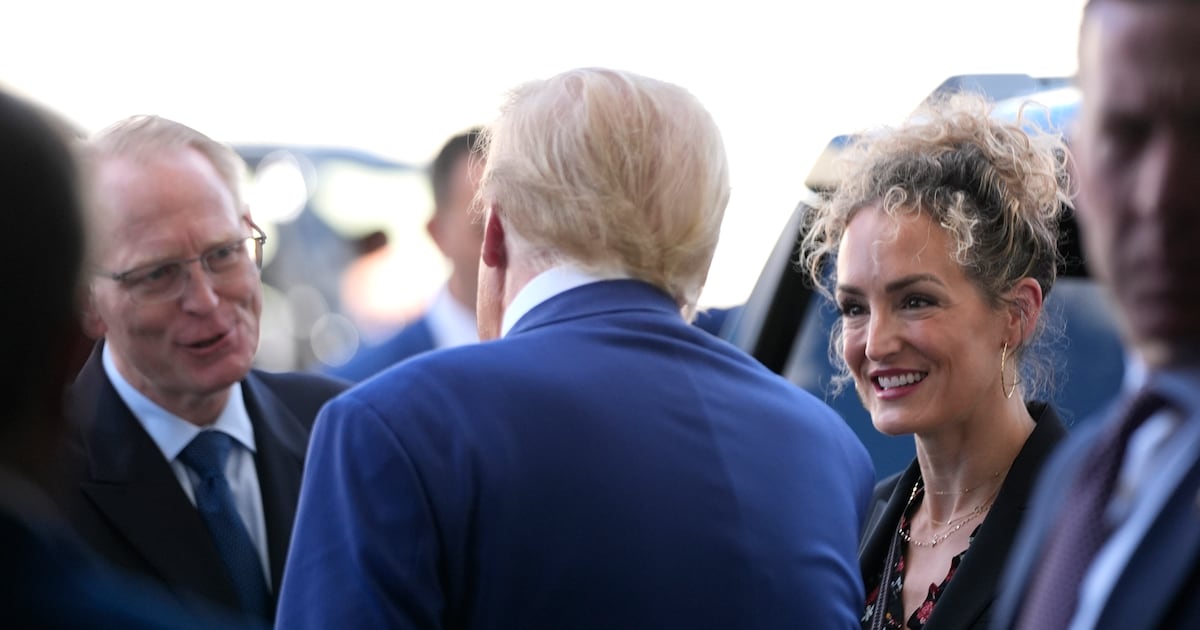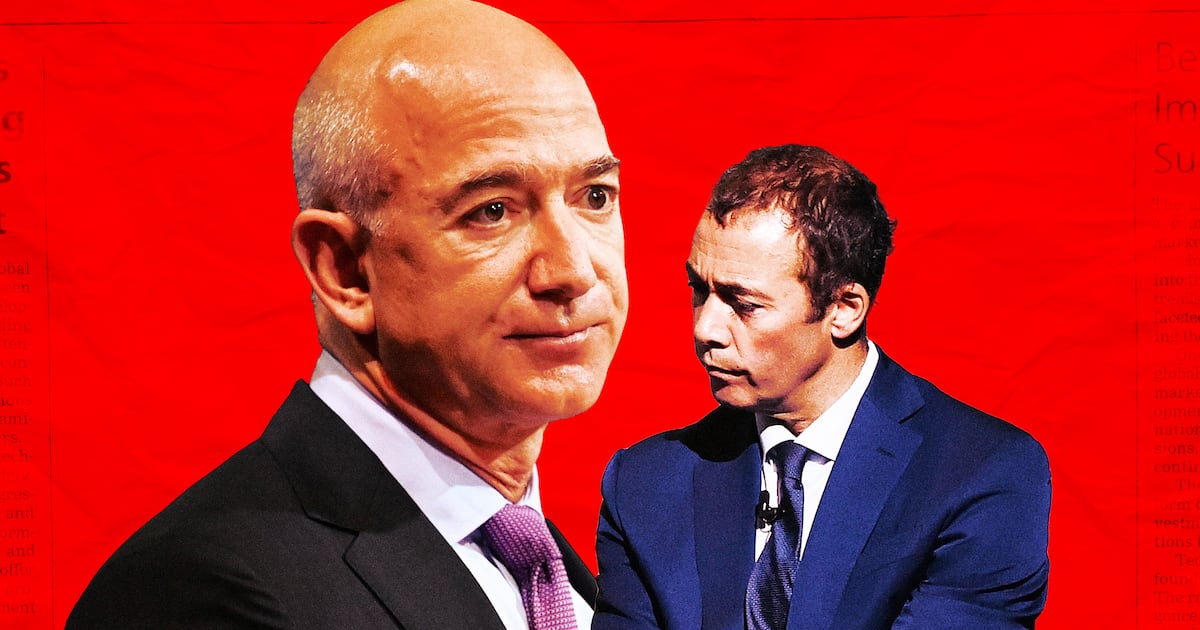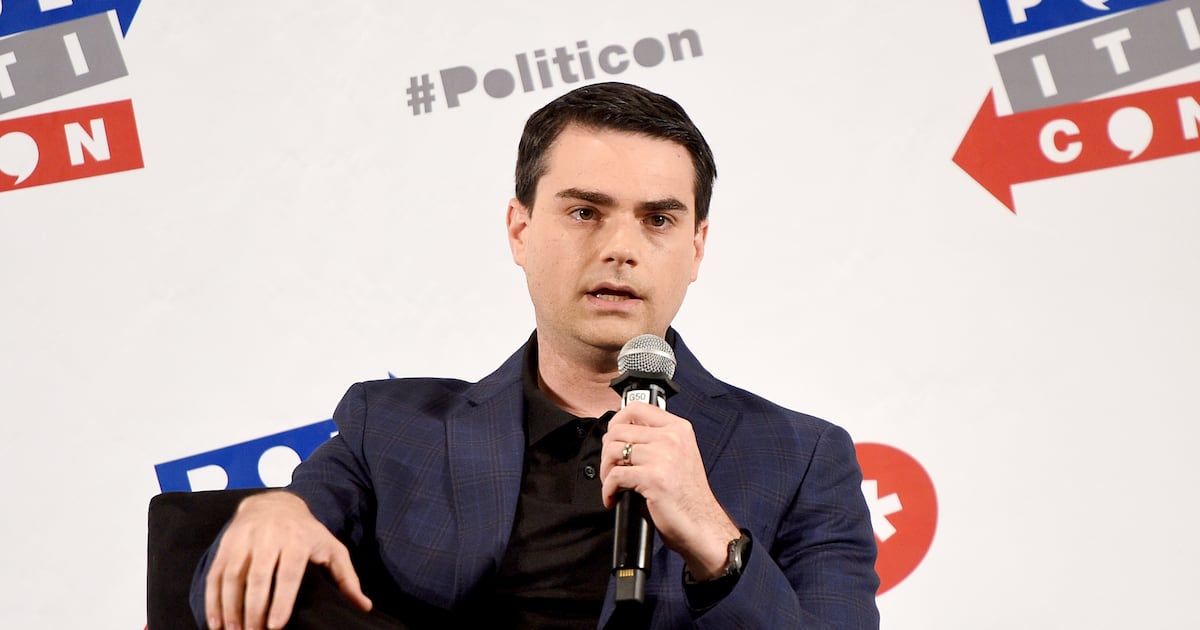Gretchen Carlson was crowned Miss America in 1989. In an excerpt from her new book, Getting Real, the Fox News host describes what it felt like to crown the next winner, Debbye Lynn Turner, and how being Miss America opened doors. She also discusses the importance of mentoring younger women on the job and in society, and the sexually predatory men she often encountered who said they wanted to help her but always wanted something in exchange.
After I pinned the crown on Debbye’s head, I stepped to the back of the stage. All eyes were on Debbye. I was the past. I recalled a story told by Dorothy Benham, the 1977 Miss America, who was also from Minnesota. She described packing up her things and walking out without fanfare, only to have a little boy spot her and cry out, “Hey, there goes the old one.” The story made me laugh, because that was exactly how it felt. I took off the makeup and stashed the crown, and now I was just another young woman out in the world. It’s almost dizzying how fast the fame goes away—like a stage that turns dark at the end of a performance.
At the same time, I was conscious of striking while the iron was hot—using my platform and contacts to get in the door. That’s what I meant when at the end of my Miss America farewell speech onstage I’d said, “This isn’t goodbye. This is hello to new beginnings.” During my whole year as Miss America and afterward I was calling agents, looking for advice and opportunities. When I was in New York or in Los Angeles doing different appearances, if I had time on my schedule, I tried to meet with executives.
ADVERTISEMENT
Although I recognize that I had a great advantage in being Miss America, it was still difficult for me to marshal the courage to set up those meetings. For that reason, considering how much nerve it took to pick up the phone, I always tell young people that if they want to get their foot in the door, they should make those calls. You never know what will come of it, and even if you’re just starting out, you might encounter interest where you didn’t expect it.
I also called people I had met as Miss America—like Deborah Norville, who was so generous with her time. When you’re just starting out, you think people like Deborah are too important to talk to you, but I say go for it. You’d be surprised. I think about it today—how much it means to a young person to have a successful person reach out and lend a hand or offer advice. But you have to realize that those people aren’t going to come looking for you. You have to take the first step. To this day I have an open door policy. I seek out interns and young women and try to help them. Women mentors were important to me, and I want to do that for others. I’m thrilled when I am able to give someone an early boost in her career. When my intern at Fox & Friends got a TV job in Nebraska and wrote to thank me for fighting for her and being a great influence on her, I felt an enormous sense of happiness for her.
Before Miss America, it had been my plan to go to law school after college. That was still in the background—and my LSAT scores were good for five years. But after a year in the spotlight, in front of the public every day, I realized that's where I wanted to be. Broadcast journalism seemed a perfect fit for my personality—fast paced, driven, never boring, with daily opportunities to shine. I guess you could say that I was led in that direction not just because of my experiences as Miss America, but also because of all those years playing the violin and developing presence on the stage. When I was playing, I was always conscious that people had come to hear me because they wanted to get something out of the experience. The same was true of broadcasting. You had to bring something special to the screen—whether it was breaking news, the emotional connection of a tragedy, or the shared exhilaration of a happy event. I imagined being able to pull news viewers into the moment— to give them something to feel and to think about. I knew I could eventually be good at it. I also knew it would be hard, and I was willing to start at the bottom.
In the months before I returned to Stanford, I kept up the pace of meeting people, hoping that having been Miss America would open doors for me after I graduated from college. I wasn’t prepared for the environment I encountered trying to break into television news. In the world of music, where I spent my formative years, we were judged solely on our talent, and gender wasn’t a factor. It had never occurred to me, because I hadn’t experienced it, that there were people who thought women weren’t equal to men in the workplace—much less that some men would try to take advantage of me.
Early on I went to New York to meet with a top television executive I was told could help me. He spent a lot of time with me that day. He called a bunch of shows for me while I was sitting in the office and said, “I’m here with this great young girl. You got to take a look at her. She has a lot of talent.” He smiled at me across the desk, and I smiled back, thinking how lucky I was to have such a powerful advocate. Later, he took me out to dinner, where he started imparting “valuable” career advice, including the suggestion that I change my name to “Kristin” for TV. I thought that was strange. Not only is Kristin my sister’s name, but I was already pretty well known as Gretchen.
Afterward we got into his car and he gave the driver the address of the friend I was staying with. We were sitting in the backseat together when suddenly he threw himself on top of me and stuck his tongue down my throat. He was all over me, and I can still feel his mouth on my mouth. It makes me a little sick even now. I pulled away from him, desperate to get away. Luckily, we were close to where I was being dropped off. I jumped out of the car and slammed the door without a word, racing into my friend’s apartment building. When I got upstairs I broke down and sobbed to my friend Chele. Why would he do that? I thought he respected me. I thought he truly wanted to help me. I was so confused about who I was and what I would face as I moved forward in what appeared to be a really scary world.
How could this happen?
But it did happen—and not only that night in New York. A few months later I was in Los Angeles meeting with a top public relations executive about how to parlay my Miss America experience into a news media career. He suggested we get some dinner. As I got into the passenger seat of his car, he suddenly put his hand on the back of my head and shoved my face into his crotch. Sickened, I yanked myself up and sat frozen, not knowing what to do. This was a very powerful man, and I felt powerless. Somehow I got through the dinner—I’m embarrassed to say I didn’t flee, although in that unfamiliar setting I’m not sure where I would have gone. But I spent sleepless nights wondering what I should do next.
Should I tell someone? I thought of the innocent young women who would be crossing these high-profile predators’ paths, and it upset me. But whom could I tell? Who would believe me? In my heart I knew that such a he-said, she-said scenario would never favor me. These men were just too powerful. I imagined myself being characterized as a tease, a liar, and worse, and I was frozen with terror. I’m not proud of it, but I stayed silent.
It might seem like a minor event in the retelling, but it had a lasting effect, almost like post-traumatic stress. Many years later, when I was well established, working at Fox News, I saw the PR executive walk past my office door, and I was immediately transported back to that car with my face in his crotch. When he’d gone by, I waited a minute and then jumped up and shut the door so he wouldn’t see me. When it was time to leave, I peeked out in the hall to be sure the coast was clear and then ran for the elevator.
Looking back, I see that although these executives might have been genuinely trying to get me a job, they expected something in return. I’d never experienced that before. It was a very uncomfortable wake-up call, but I put these incidents behind me. I knew this sort of thing happened to women, but I wasn’t about to let it destroy my confidence or darken my perspective of the world. Two guys who were jerks—I could handle that. But how many other women had this happened to? And if we all said nothing, what does that mean? Have times changed for women? I hope so, but I’m not sure.
From GETTING REAL by Gretchen Carlson. Reprinted by arrangement with Viking, an imprint of Penguin Publishing Group, a division of Penguin Random House LLC. Copyright (c) 2015 by Gretchen Carlson.






